8 Real Stories That Sound Like April Fools' Jokes
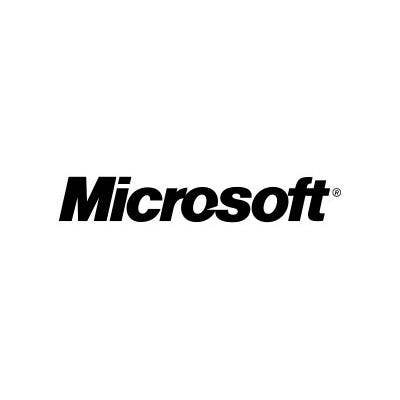
Microsoft in February signaled its intention to open a chain of retail stores and hired 25-year Wal-Mart veteran David Porter to oversee the effort. Microsoft had been rumored to be planning such a move, but given the retail industry's well-publicized struggles, its timing could scarcely have been more surprising than if Steve Ballmer showed up for a keynote speech wearing a ballerina costume.
But Microsoft apparently feels the time is right to give consumers a space to touch, feel and interact with its products the way they can in Apple's retail stores. Microsoft's retail push will be hugely expensive, and bashers will doubtless have a field day poking fun at the stores, but no one can argue that Microsoft isn't taking a very interesting gamble here.
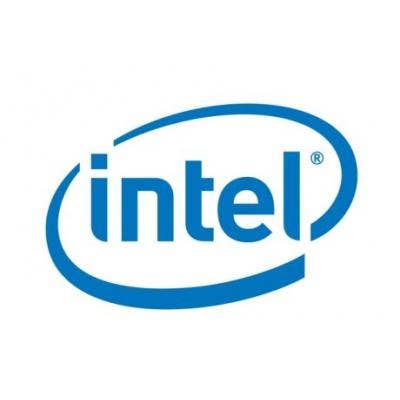
Of all the potential uses for the iPhone, perhaps none is as singularly outlandish as iBreath, a $79 accessory that transforms iPhones and iPod Touch devices into portable breathalyzers. iBreath is the brainchild of David Steele Enterprises, a Newport Beach, Calif.-based online retailer that claims its invention can offer results within five seconds and accurately measure one's blood alcohol content to within 0.01 percent.
iBreath serves as an example of the remarkable ingenuity of third parties building accessories and applications for the iPhone, who collectively represent an innovation engine that's kicking into a higher gear with each passing month.
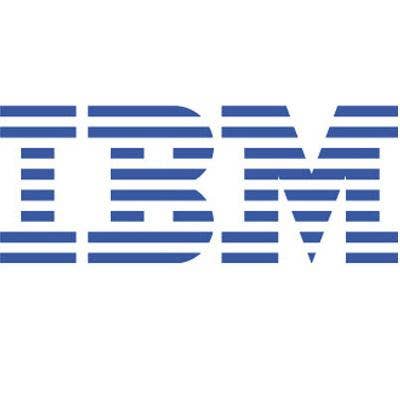
Microsoft Chairman Bill Gates in February shocked attendees at the Technology, Entertainment, Design (TED) conference by releasing a swarm of mosquitoes during a keynote speech. The goal, Gates explained, was to get people thinking about malaria and other mosquito-borne diseases that plague many Third World countries, and which the The Bill & Melinda Gates Foundation has sworn to eradicate.
"I brought some mosquitoes -- we'll let them roam around the auditorium. There's no reason only the poor should experience this," Gates reportedly told shocked TED attendees. Gates informed attendees that the mosquitoes didn't carry malaria.

When Steve Wozniak made his debut on the television show "Dancing With The Stars" last month, the zany Apple co-founder could hardly contain his glee while warming up for the cha-cha backstage. "It's all numbers and beats," Wozniak said during the warm-up. "It's very mathematical, so it's very left-brain, but then a lot of dance is sort of analog."
Wozniak's performance, of course, was panned by the show's judges, and his outfit -- a black suit, black shirt, wide white tie and bright pink feather boa -- elicited some eloquent criticisms. "It was like a Teletubby going mad in a gay pride parade," said Judge Bruno Tonioli, prompting loud boos from the audience.
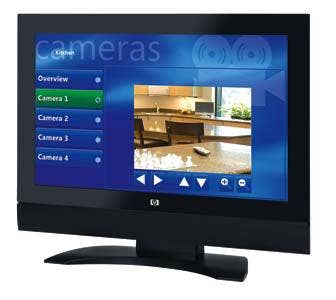
Chicago resident Wayne Burdick got the shock of his life in February when he received a $28,000 cell phone bill from AT&T. While docked in Miami during a Caribbean cruise, Burdick used his Slingbox to watch a Chicago Bears game on his cell phone. But his phone accidentally connected to the ship's own network, which subjected him to AT&T's astronomical international roaming fees.
Burdick eventually got AT&T to cover most of the charges. But wireless carriers are no big fans of the Slingbox due to the data throughput burden it creates, so perhaps AT&T simply wanted to send a little fear, uncertainty and doubt Burdick's way to make other Slingbox users think twice before firing up their own devices while on the road.

Earlier this month, as a group of IT companies led by IBM was preparing to release a set of guidelines for maintaining interoperability in cloud computing, Microsoft cried foul and said their efforts had been carried out with an insufficient degree of openness. Microsoft's main issue with the guidelines mapped out in the Open Cloud Manifesto was that IBM approached Microsoft at a very late stage, demanded that Microsoft sign it, and wasn't open to any kind of feedback.
"It appears to us that one company, or just a few companies, would prefer to control the evolution of cloud computing, as opposed to reaching a consensus across key stakeholders (including cloud users) through an "open" process. An open Manifesto emerging from a closed process is at least mildly ironic," wrote Steven Martin, senior director of development platform management at Microsoft, in a blog post.
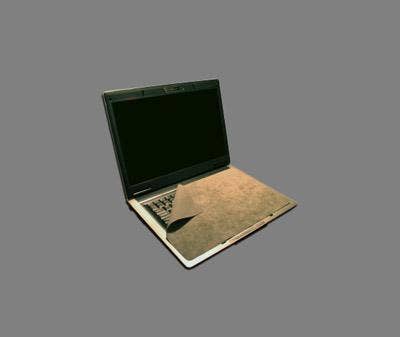
Dell once threatened to push distributors out of the picture, and so solution providers could be forgiven for doing a double take after reading this headline earlier this month.
But the deal is real, and Dell has joined HP, Acer and Lenovo in embracing the channel as a path to the SMB market. Under terms of the deal, Dell is shipping Vostro desktops and notebooks through distributors Ingram Micro and Tech Data to U.S. solution providers.
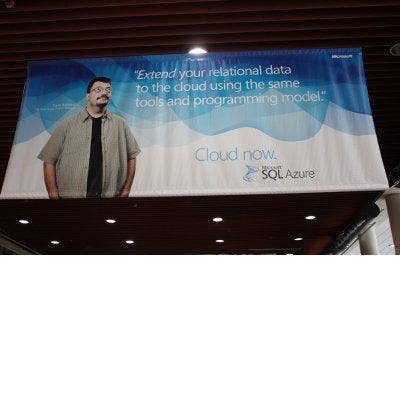
In January, University of Washington economist Keith Leffler estimated that Microsoft could be on the hook for between $3.92 billion and $8.52 billion to upgrade notebook and desktop PCs as part of the then-active class action suit over Microsoft's 'Vista Capable' campaign, which, ironically, began on April 1, 2006.
Leffler estimates that 19.4 million PCs -- 13.75 million notebooks and 5.65 million desktops -- were labeled "Vista Capable," and he came up with the total upgrade cost figure by calculating how much it would cost to upgrade each of the 19.4 million PCs with 1 GB of memory and graphics cards or onboard chipsets able to run Aero.